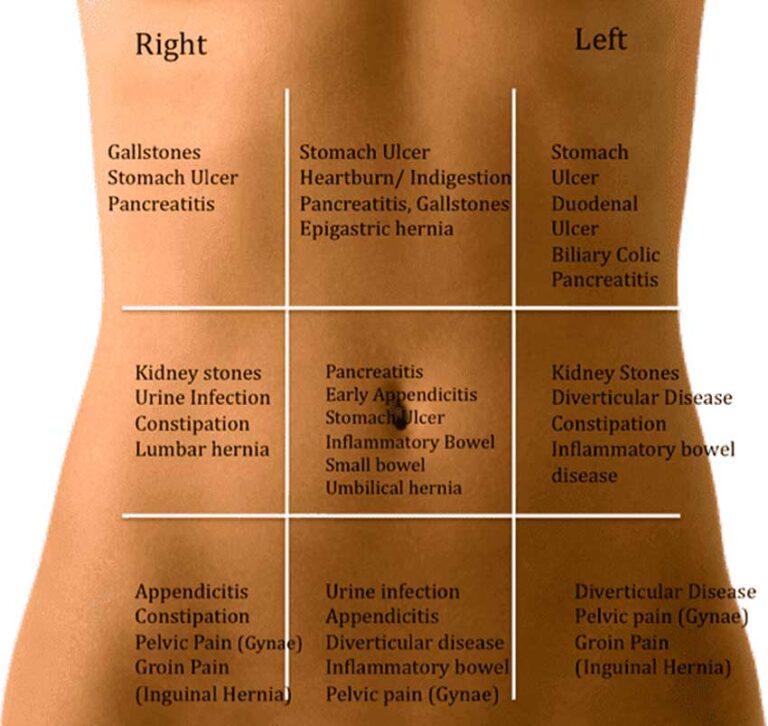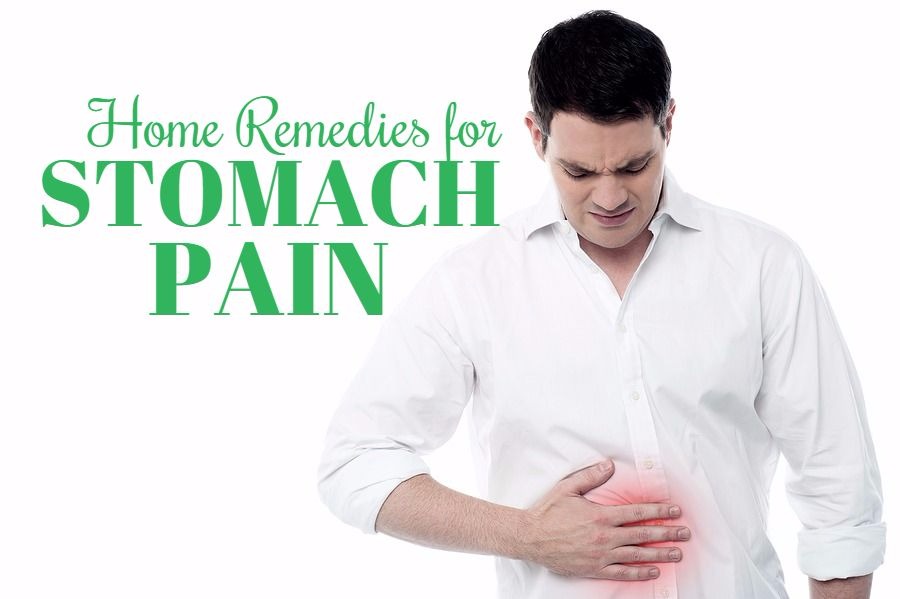How To Cure A Stomach Ache? That’s a question a lot of us have grappled with at some point, right? From that killer burrito to a nasty bug, stomach aches can totally derail your day. This guide breaks down the different types of stomach aches, from the mild to the more serious, offering practical advice on home remedies, dietary changes, and when you absolutely need to see a doctor.
We’ll cover everything from soothing home remedies to knowing when to ditch the Pepto and head to the ER. Get ready to conquer that tummy trouble!
We’ll explore various causes, like indigestion, food poisoning, or even stress. You’ll learn to identify the symptoms, understand when a simple home remedy will suffice, and when it’s time to seek professional medical help. We’ll also dive into preventative measures – think diet, lifestyle, and stress management – to keep those stomach aches at bay. By the end, you’ll be equipped with the knowledge to handle those tummy troubles like a pro.
Understanding Stomach Aches
Stomach aches, also known as abdominal pain, are a common ailment with a wide range of potential causes. Understanding the origin of your stomach ache is crucial for determining the best course of action. This section will explore various causes, associated symptoms, and when immediate medical attention is necessary.
Stomach aches can stem from various sources, broadly categorized as indigestion, viral infections, or food poisoning. Indigestion, often caused by overeating, spicy food, or consuming too much alcohol, typically manifests as mild to moderate discomfort, bloating, and heartburn. Viral infections, like gastroenteritis (“stomach flu”), present with more intense symptoms such as nausea, vomiting, diarrhea, and potentially fever. Food poisoning, resulting from consuming contaminated food, can cause severe symptoms including intense abdominal cramps, vomiting, and diarrhea, sometimes accompanied by fever and chills.
Stomach Ache Symptoms and Causes
The symptoms of a stomach ache vary greatly depending on the underlying cause. The following table provides a general overview. Note that this is not exhaustive, and individual experiences can differ.
| Symptom | Possible Cause 1 | Possible Cause 2 | Severity Level |
|---|---|---|---|
| Abdominal Cramps | Indigestion | Food Poisoning | Mild to Severe |
| Nausea | Viral Gastroenteritis | Food Poisoning | Mild to Severe |
| Vomiting | Food Poisoning | Viral Gastroenteritis | Mild to Severe |
| Diarrhea | Viral Gastroenteritis | Food Poisoning | Mild to Severe |
| Bloating | Indigestion | Lactose Intolerance | Mild to Moderate |
| Heartburn | Acid Reflux | Indigestion | Mild to Moderate |
| Fever | Viral Gastroenteritis | Food Poisoning | Moderate to Severe |
When to Seek Immediate Medical Attention
While many stomach aches resolve on their own, some warrant immediate medical attention. Seek professional help if you experience:
- Severe abdominal pain
- Bloody or black stools
- High fever (over 101°F or 38.3°C)
- Persistent vomiting that prevents you from keeping down fluids
- Signs of dehydration (excessive thirst, dizziness, decreased urination)
- Severe abdominal pain accompanied by chest pain or shortness of breath
Home Remedies for Mild Stomach Aches
For mild stomach aches, several home remedies can provide relief. However, remember that these are not suitable for all types of stomach pain and should not replace professional medical advice if symptoms worsen or persist.
Effective Home Remedies
- BRAT Diet: Bananas, rice, applesauce, and toast are easily digestible and can help soothe an upset stomach. The binding properties of these foods help to firm up stools and reduce diarrhea.
- Hydration: Drinking clear fluids like water, broth, or electrolyte solutions helps replenish fluids lost through vomiting or diarrhea. Avoid sugary drinks, which can worsen diarrhea.
- Rest: Allow your body to rest and recover. Avoid strenuous activity.
- Heating Pad: Applying a warm heating pad to your abdomen can relax muscles and ease cramping. Use a low setting and avoid direct contact with skin.
- Ginger: Ginger has anti-inflammatory properties and can help reduce nausea. Try ginger tea or ginger ale.
Heating Pad Application
To use a heating pad effectively:
- Place a thin cloth between the heating pad and your skin to prevent burns.
- Start with a low heat setting.
- Apply the heating pad to your abdomen for 15-20 minutes at a time.
- Take breaks between applications to avoid overheating.
- Never fall asleep with a heating pad on your body.
Limitations of Home Remedies
Home remedies are best for mild, short-lived stomach aches. If symptoms persist, worsen, or are accompanied by other concerning signs, seek medical attention. Home remedies are not a substitute for professional diagnosis and treatment, especially in cases of severe pain, fever, or bloody stools.
Dietary Changes for Stomach Ache Prevention: How To Cure A Stomach Ache
Dietary adjustments can significantly reduce the frequency and severity of stomach aches. Identifying and avoiding trigger foods, as well as adopting specific dietary approaches, can improve digestive health.
Dietary Adjustments
Common trigger foods include fatty or greasy foods, spicy foods, dairy products (for those with lactose intolerance), caffeine, and alcohol. Keeping a food diary can help pinpoint individual triggers. Dietary approaches like the low-FODMAP diet (which restricts certain carbohydrates) and the BRAT diet (discussed earlier) can be helpful in managing specific digestive issues. The low-FODMAP diet is more comprehensive and aims to identify and reduce intake of foods that can ferment in the gut, causing gas and bloating.
The BRAT diet is more restrictive and focuses on easily digestible foods to soothe the digestive system during acute episodes of diarrhea or upset stomach.
Sample Three-Day Meal Plan
- Day 1: Oatmeal with berries, grilled chicken breast with steamed vegetables, banana with yogurt (if tolerated).
- Day 2: Scrambled eggs with whole-wheat toast, lentil soup, baked salmon with roasted sweet potatoes.
- Day 3: Plain yogurt (if tolerated) with granola, turkey breast sandwich on whole-wheat bread, chicken stir-fry with brown rice (avoiding high-FODMAP vegetables).
Lifestyle Modifications for Better Digestion
Lifestyle factors significantly impact digestion. Stress, lack of sleep, and dehydration can all contribute to stomach aches. Addressing these factors can improve gut health and reduce discomfort.
Managing Stress and Sleep
Stress management techniques like yoga, meditation, or deep breathing exercises can help reduce stomach discomfort. Prioritizing sleep hygiene, including maintaining a regular sleep schedule and creating a relaxing bedtime routine, is also crucial. Aim for 7-8 hours of quality sleep each night.
Discover more by delving into snowriderunblocked further.
Importance of Physical Activity
Source: wellnessbells.com
Regular physical activity promotes gut motility and improves digestion. Aim for at least 30 minutes of moderate-intensity exercise most days of the week. Gentle activities like walking, yoga, or swimming are excellent options.
When to Seek Professional Medical Advice

Source: planmymedical.com
Persistent or severe stomach aches require professional medical evaluation. This section Artikels warning signs, relevant medical professionals, and questions to ask your doctor.
Warning Signs
Seek medical attention if your stomach ache is severe, persistent (lasting more than a few days), accompanied by other concerning symptoms (like fever, bloody stools, or weight loss), or if home remedies provide no relief.
Medical Professionals, How To Cure A Stomach Ache
Depending on the nature of your stomach ache, you might consult a general practitioner (GP) or a gastroenterologist (a specialist in digestive diseases).
Questions to Ask Your Doctor
- What is the likely cause of my stomach pain?
- What tests are needed to confirm the diagnosis?
- What treatment options are available?
- What are the potential risks and side effects of the treatment?
- What lifestyle changes can I make to prevent future stomach aches?
Over-the-Counter Medications for Stomach Aches
Several over-the-counter (OTC) medications can provide relief from mild to moderate stomach aches. However, it’s important to understand their potential side effects and interactions before use.
OTC Medications

Source: ytimg.com
Common OTC medications include antacids (to neutralize stomach acid), antispasmodics (to relax stomach muscles), and antidiarrheals (to reduce diarrhea). Always follow the dosage instructions on the label and consult a pharmacist or doctor if you have any concerns.
Comparison of OTC Medications
| Medication Name | Active Ingredient | Uses | Potential Side Effects |
|---|---|---|---|
| Tums | Calcium Carbonate | Heartburn, indigestion | Constipation |
| Pepto-Bismol | Bismuth subsalicylate | Diarrhea, upset stomach | Dark stools, constipation |
| Imodium | Loperamide | Diarrhea | Constipation, drowsiness |
Final Summary
So, next time that stomach ache hits, you’ll be armed with the knowledge to tackle it effectively. Remember, while home remedies can be super helpful for mild cases, knowing when to seek professional medical advice is key. This guide has given you the tools to understand your stomach ache, treat it appropriately, and most importantly, prevent future occurrences. Stay healthy, and keep those tummies happy!


